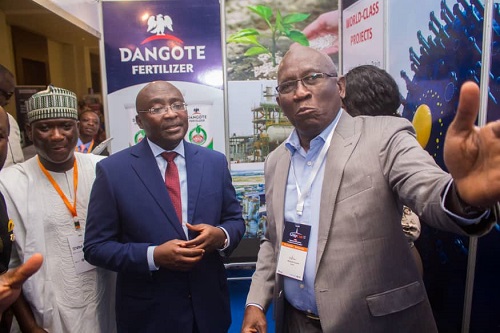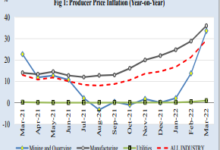
The Executive Director of Dangote Group of Companies, Mr Devakumar Edwin has tasked investors in the West African sub-region to take the bull by the horn and invest in the petroleum downstream sector.
This according to him was the surest way of driving the sector to create the needed jobs for the teaming youth on the continent who were largely unemployed.
“We don’t need foreign investors to turn around our downstream sector. African investors should be able to emulate Dangote and revive the African downstream petroleum industry,” he emphasised.
Mr Edwin who is also the Director in-charge of Strategy, Capital Projects and Portfolio Development made the call last Wednesday in Accra during the opening of the Ghana International Petroleum Conference (GhIPCON).
This year’s conference was on the theme: ‘Regional collaboration; A catalyst for transformation’, and it was organised under the auspices of the Ministry of Energy and the National Petroleum Authority.
It was attended by stakeholders in the petroleum sector across the sub-region including the Vice President Alhaji Dr Mahammudu Bawumia, the Minister of Energy, Mr Peter Amewu and the Chief Executive Officer of the National Petroleum Authority (NPA).
Mr Edwin said it was important that investors in West Africa emulated Aliko Dangote by investing in the downstream petroleum sector to make the sub-region exporter of refined petroleum products.
“If Dangote can do it, any investor can do it. Dangote did not wait for government to regulate the downstream sector before starting the construction of the refinery,” he added.
He noted that soon Nigeria and other sub-Saharan African countries would heave a sigh of relief from the importation of petroleum products due to the imminent completion of the Dangote Oil Refinery.
Located in the Ibeju-Lekki area in Lagos, the refinery when completed could refine more than 650,000 barrels of crude oil per day (bpd) and this would make it one of the biggest refineries on the continent.
Mr Edwin said the completion of the refinery and other modular refinery projects across the sub-region would lead to the integration of the downstream industries and stabilise the prices of petroleum products across the continent.
He said the refinery was designed to process multiple grades of domestic and foreign crude which could be converted into high-quality gasoline, diesel, kerosene, and aviation fuels that meet the Euro V emissions specifications.
“The facility will be integrated with a petrochemical unit that will produce polypropylene and site.”
The GhIPCON was designed to actively bring to the fore the operating industry’s perspective and guidance on issues of governmental and regulatory policy as well as best practices for the advancement of the industry across West Africa.
This year’s witnessed a convergence of about 250 regulators and downstream industry stakeholders from across the sub-region and beyond.
The event stimulated regional discussions that set the tone for a West African policy framework on the outlook of the petroleum downstream industry, regulate petroleum downstream infrastructure projects, efficiency and financing.
By Cliff Ekuful



